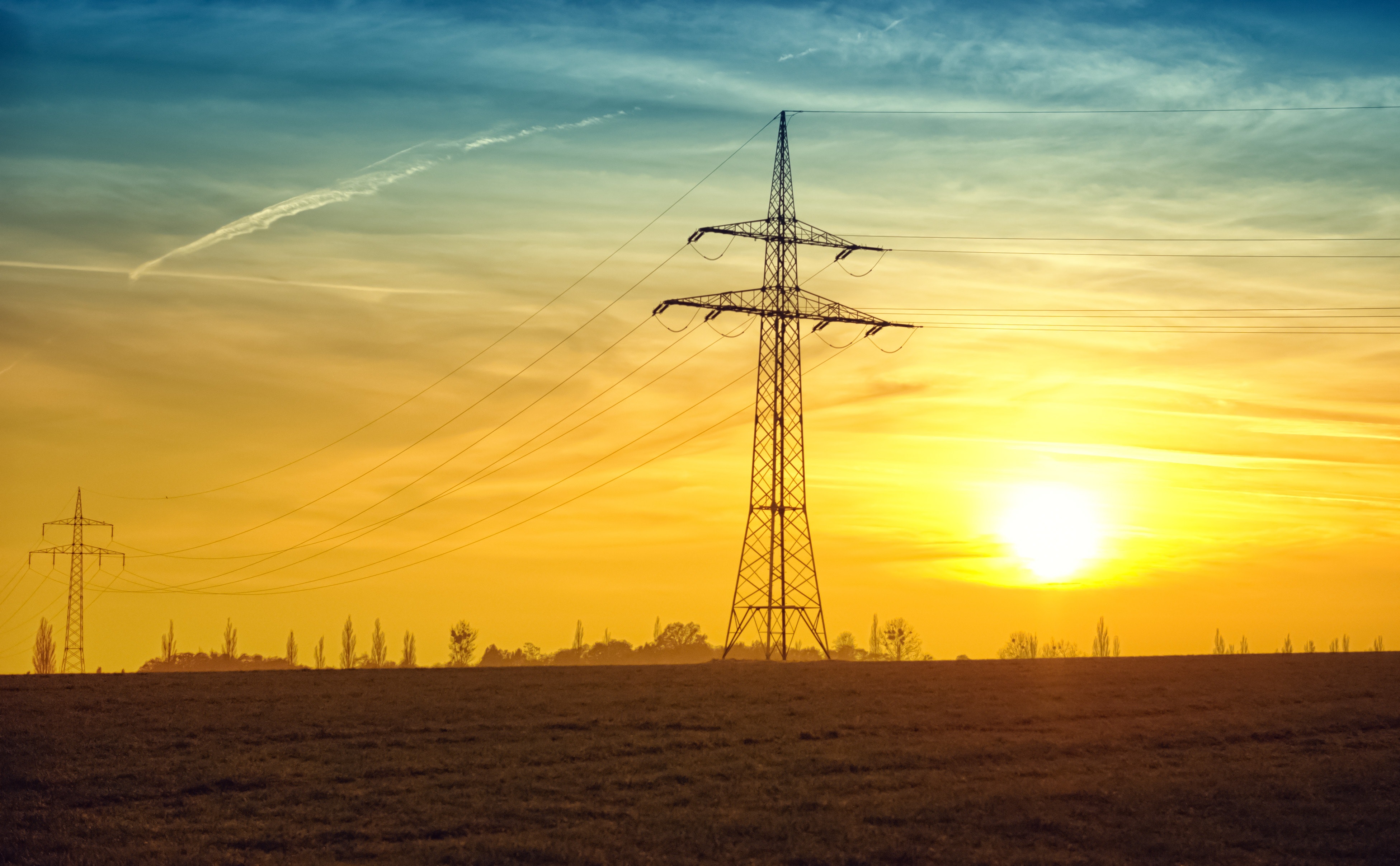We set out to disrupt the energy industry with AutoPilot because we knew that the current model wasn’t working. What we’ve been saying all along is true, and now we have the research and data to prove it. A 3-year study conducted by The Abell Foundation and reported in a Dec. 26 article by Energy Choice Matters shows that third-party suppliers in Maryland that provided initial savings to consumers in 2010 compared to their utility’s offer did the following:
- Reached a rate plateau in 3 years from 2011-2013
- Gradually increased costs amounting to 4 years of aggregate overpayment of hundreds of millions of dollars from 2014-2017
That’s a $255 million overpayment for energy customers, to be exact, in 4 short years in one market alone.
Is deregulation ineffective?
As a result, the report positions deregulation as ineffective for consumers in Maryland: “This adverse outcome for consumers, despite a large number of suppliers, indicates that Maryland’s third-party supply residential market has become dysfunctional; in its current state, it is no longer fulfilling the purpose of the law—to benefit all consumer classes.”
The Abell Foundation report makes 3 things perfectly clear:
- Consumers can’t simply trust their energy provider to deliver the best rates or inform them when rates go up
- The growing number of third-party suppliers may provide more choice, but not more savings
- It’s up to consumers to be diligent about market and rate fluctuations and consistently monitor the energy market
Is this the end of third-party supply for deregulated markets?
The Abell Foundation report authors don’t think so. And we wholeheartedly agree. They have a more evolved and positive solution: “Residential customers who want third-party supply should only be served by some form of aggregated supply that would ensure lower costs. We [the report authors] are not recommending the end of third-party supply for the residential sector but are advocating for the end of marketing to and contracting with households for third-party supply on an individual basis with a very restricted exception of 100 percent renewable energy procurement.”
AutoPilot is uniquely positioned to leverage innovative technology to find up-to-the-minute rate fluctuations and aggregate automatic energy savings for consumers across deregulated markets, a model that links savings, positive impact (with 50% guaranteed green energy at no cost) and peace of mind for thousands of customers in Maryland, Connecticut, Illinois, Ohio, Rhode Island, New Hampshire, New Jersey, New York and Massachusetts.
The simple truth is markets change all the time
Consumers have to watch their back to not be lured into savings now for increased cost in the long run. But who has the time to watch year after year after year to determine if the third-party supplier they have chosen and trusted to orchestrate and monitor their energy has upped the rates compared to where they were with their utility? The amount of due diligence to constantly monitor energy rates across an army of suppliers is time consuming and should not fall squarely on the shoulders of residential or commercial customers.
Now consumers can set it and forget it
And as the Abell Foundation report shows, while there are a large number of suppliers, there is no guarantee that they will provide or maintain the best deal. It’s all there in black in white. I encourage you to read the report and understand the scope and potential we have in deregulated energy markets. And while this data may be disheartening for thousands of consumers in Maryland who have overpaid for years, it also is the first step for those consumers and many more across deregulated markets to set it and forget it with AutoPilot and opt into year after year of automatic savings.



